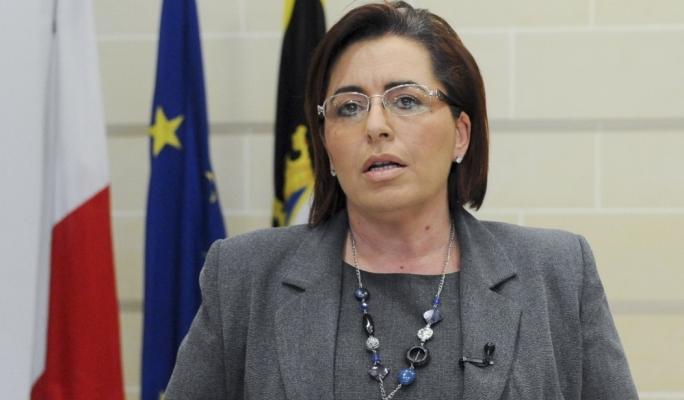The gender corrective mechanism can only work if more women take the initiative to run for elections, Prime Minister Robert Abela said in Parliament, which has started debating the bill proposing gender balance.
The bill aims to increase the number of women MPs and was introduced by Parliamentary Secretary for Equality and Reforms Rosianne Cutajar on 12 March 2020.
“This bill shows how the Labour government truly believes in equality and is always in favour of progress, like giving women the right to vote and appointing females in various high-ranking positions. Thus, there is no doubt that we believe in women being leaders in good governance,” Abela said.
He went on to mention a list of other achievements the PL in government has made with regards to gender equality like introducing and addressing the gender gap in the judiciary as well.
He explained that there is a variety of reasons behind the discrimination between genders but the most common one is a lack of representatives in the House.

He appealed to the Opposition to back the mechanism and not go back to a time where women are not represented like the past 73 years. “This country needs decisive action, and this is the mechanism with which we are taking decisive action and putting our words into practice.”
Furthermore, Abela said, the government aims for this mechanism to have a snowball effect which is achievable if people push women to apply as candidates, but women themselves have to be the ones to give themselves that push and run for election.
“There is no more reason left for women to not do so in this day and age. This mechanism will only work if they stand as candidates.”
He said that he used to have certain reservations about the mechanism when it was first being discussed, due to certain concerns it posed on the principles of democracy, but the clauses on which the Bill is built prevent this from happening.
“There is no way it will tarnish democracy and the people’s choice of candidates. The election process will not be influenced, people will still have a say. What will change is that if women are under 40% of the minority (the sunset clause), the House will be expanded by a maximum of 12 seats divided equally between the absolute majority party and the minority parties in parliament,” he explained.
This is a temporary measure and will be in use for the next 20 years unless it is revoked or adopted once again without any amendments.
‘Our aim should be that we do not make use of this mechanism despite it being there’ – Claudette Buttigieg
PN MP Claudette Buttigieg, who has been at the forefront form the Opposition side to discuss this bill in Parliament, started off her speech by saying that the Opposition will surely
vote in favour of this amendment, but criticised the PM’s address.
“The government could have done better on this amendment from the very beginning as it could have included us immediately, which it did not,” she remarked.
“Real dialogue is not about talking to people that think the same thing as you. In an ideal society, we would not be here discussing this amendment, or this mechanism and we would have more equal representation.”
She rebutted comments the PM made during his address about the government having more female representation than the Opposition; “it is pathetic for the PM to comment on the government having more women on his side than the opposition when he very well knows that both sides are lacking in this regard.”

Only 13.4% of House representatives are women, 17% of the opposition are women while 11% of the government are women (due to higher number of representatives).
Buttigieg followed this up by saying that this mechanism alone is not enough unless there is willingness as a society to be represented with more women in higher ranks.
“One problem we may face with this mechanism is that people will think that they do not need to vote for women as they will be elected with this mechanism. Our aim should be that we do not make use of this mechanism despite it being there, and that is when we can say that we have made it. The mechanism is there in the chance we fail, and I felt that from what Abela said he was expecting failure so that the mechanism is used.”
She said that it is important for women of quality and strength to be elected as well since these are qualities that are needed to handle the assault women receive in such positions. “We don’t want to be elected for being women or by women, we want to be elected because we are capable.”
She also expressed disappointment in the PL’s strategy to show itself as the main leader in equality, “and it is not right to think of it as a monopoly of the Labour party. In reality the Nationalist party in government has also done a lot to push equality forward starting from constitutional changes in the 80s, to marital clauses like women keeping their surname to the NCPE.”
She added that the inclusion of women in politics has to also be supported by recovering from the damage that Malta’s politics has faced in the past years and women need the affirmation that politics is worth sacrificing time from being with family. However, time with family should not only be attributed to women alone as this would further support the idea that a substantial section of society still holds that women need to remain hidden.
Some amendments to the bill she mentioned include the removal of the clause that this mechanism would not apply for casual elections as well as the clause that it would not apply if a third minority party is elected in government.